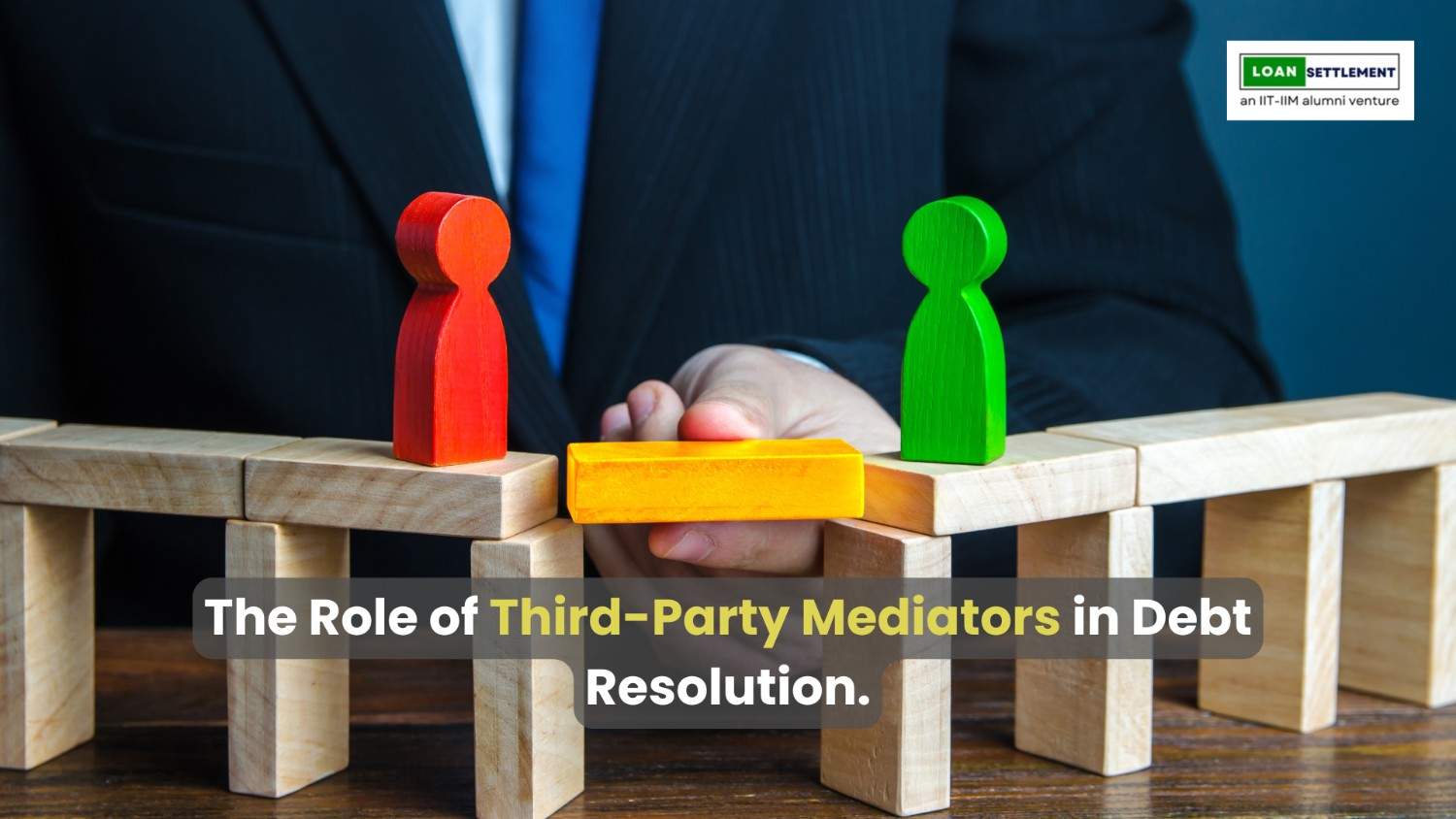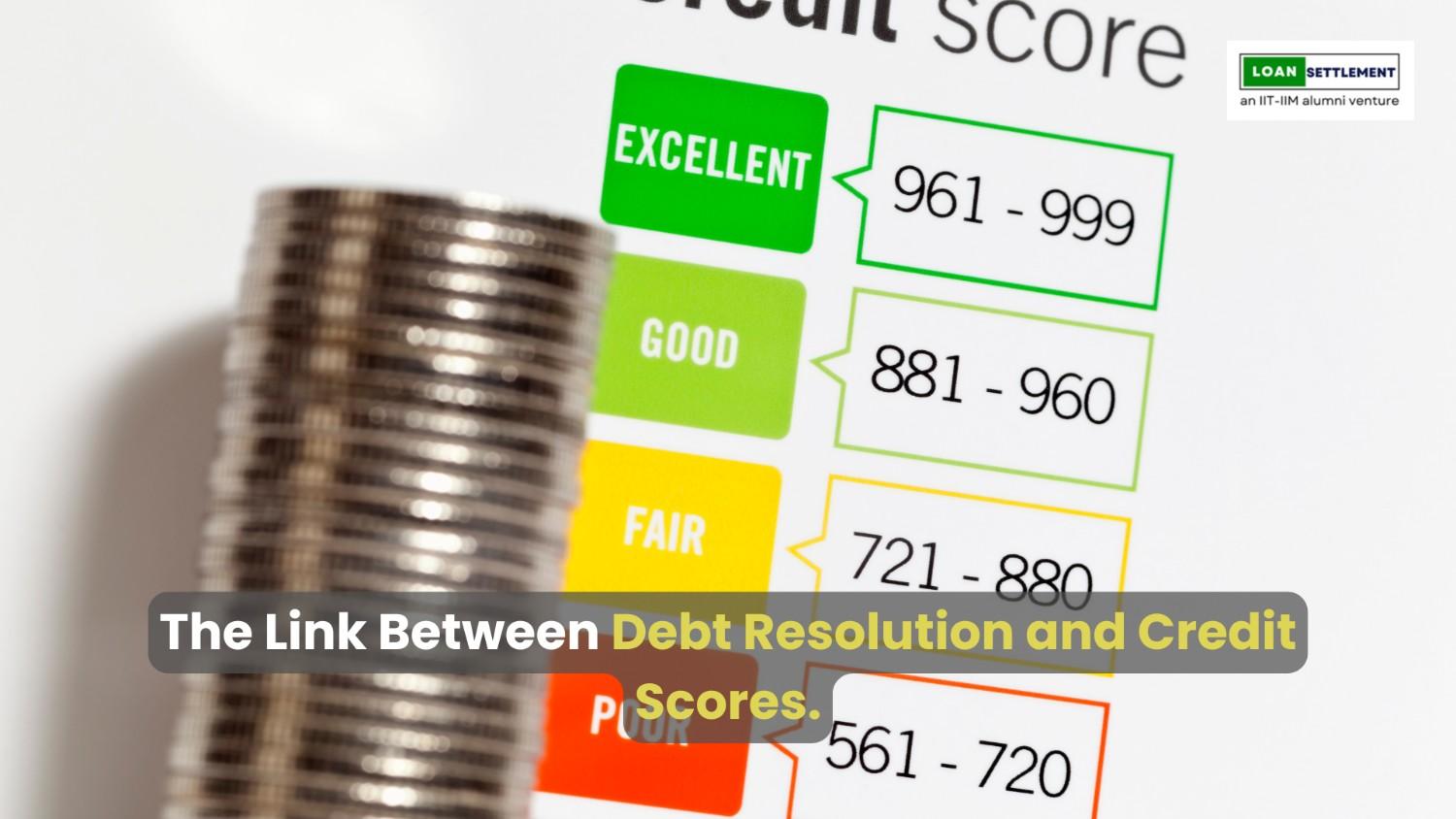· Finance · 4 min read
Can You Resolve Debt Without Impacting Your Credit Score? Discover Proven Strategies
Learn how to resolve your debt without negatively impacting your credit score. Discover smart strategies to manage debt while keeping your financial reputation intact.

Can You Resolve Debt Without Impacting Your Credit Score?
Debt can be overwhelming, but the fear of damaging your credit score makes it even more stressful. A good credit score is crucial for financial stability, as it impacts your ability to get loans, mortgages, and even rental agreements. So, is it possible to resolve debt without negatively affecting your credit score? The answer is yes! In this article, we’ll explore the best strategies to manage and pay off debt while keeping your credit score intact.
How Debt Affects Your Credit Score
Your credit score is determined by several factors, including payment history, credit utilization, and account age. Here’s how different types of debt and financial actions can impact your credit score:
The Role of Credit Utilization
Credit utilization refers to the percentage of available credit you are using. A high credit utilization rate can lower your score, so keeping it below 30% is ideal.
Late Payments and Their Consequences
Missing even one payment can lead to a drop in your credit score. Payment history makes up 35% of your score, so timely payments are crucial.
Defaulting on Loans
If you fail to pay off a loan, it can severely damage your credit score. Defaulting may lead to collections, making future credit approvals more difficult.
The Impact of Debt Settlement on Credit Score
Debt settlement means negotiating with creditors to pay less than you owe. While it reduces debt, it can also negatively impact your credit score because settled accounts are reported as “not paid in full.”
Strategies to Resolve Debt Without Hurting Your Credit Score
Budgeting and Expense Tracking
Start by tracking your expenses and creating a realistic budget. Cut unnecessary expenses and allocate more funds toward debt repayment.
Debt Consolidation
Debt consolidation allows you to combine multiple debts into one payment, often with a lower interest rate. This helps in making payments more manageable and maintaining a positive credit history.
Negotiating Lower Interest Rates
Talk to your creditors about lowering your interest rate. Many lenders offer hardship programs to help you manage payments without damaging your credit.
Increasing Your Income
Consider side gigs, freelancing, or selling unused items to boost your income. This extra money can be used to pay off debts faster.
The Power of Balance Transfers
Balance transfer credit cards allow you to transfer high-interest debt to a new card with a 0% interest rate for a limited period. This can help in paying off debt faster without accruing extra interest.
Debt Settlement vs. Debt Management Plans
Debt Settlement
Debt settlement involves negotiating with creditors to accept a lower payment than what you owe. While it reduces debt, it can hurt your credit score if reported as “settled” rather than “paid in full.”
Debt Management Plans (DMPs)
DMPs involve working with credit counseling agencies to negotiate lower interest rates and manageable payment plans. These plans have a lesser impact on credit scores compared to settlements.
Avoiding Common Mistakes That Can Harm Your Credit Score
Avoid missing payments at all costs.
Do not apply for too many credit accounts at once.
Keep old accounts open to maintain a long credit history.
How to Monitor and Improve Your Credit Score While Paying Off Debt
Using Credit Monitoring Services
Sign up for free or paid credit monitoring tools to track your credit score and stay updated on changes.
Maintaining Good Financial Habits
Pay bills on time, keep your credit utilization low, and avoid unnecessary debt to maintain a strong credit score.
Conclusion
Yes, you can resolve your debt without harming your credit score! With proper budgeting, debt consolidation, and financial discipline, you can maintain a healthy credit profile while achieving financial freedom.
FAQs
Does debt consolidation hurt my credit score? – No, it can help if managed properly.
How long does it take to rebuild credit after debt settlement? – Usually 6–24 months, depending on financial habits.
Can negotiating a lower interest rate lower my credit score? – No, it typically does not impact your score.
Is it better to pay off debt slowly or all at once? – It depends on your financial situation and interest rates.
What is the best way to keep my credit score healthy while paying off debt? – Make timely payments and keep credit utilization low.



